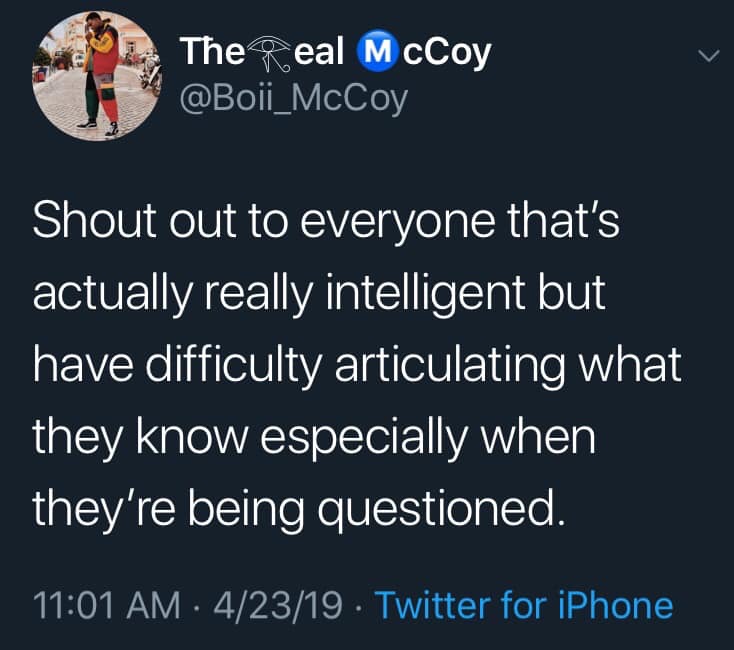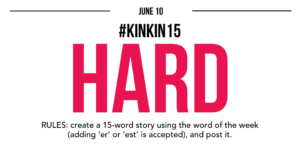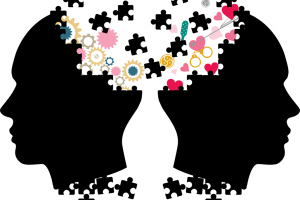I’ve noted before that ideas seem to gather around me in fascinating ways.
A few days ago, I wrote about emotional vocabulary, and had several discussions on the topic over the week before, this past weekend, and a few new words and topics related to it caught my eye.
And today, I find this image on Facebook:

And when I sign onto Fet, there is a comment on the original writing about being asked to describe subspace, and not having the words to put to the feeling.
And it all coalesced into something I’ve been sort of turning over and over in my mind.
Not everyone is as facile with words as I am.
Which may seem like either a “duh” statement or one full of hubris, but it’s something I’ve understood for a while. Most of my life, in fact.
I also understand (in awe) that there are people MUCH better with words than I am. As much better (or more) than I am compared to others.
I’ve never really found myself at a huge disadvantage because of it.
But I’ve put others at a disadvantage.
Others I love.
On purpose.
Because, for a long time, I felt my ability to articulate feelings and express myself was a sign of being a better person.
And being right.
If they were right, they would be able to find the words to convince me. But, since they didn’t, and I could talk rings around them, well, I was right, and they would eventually give in.
I bullied people with my vocabulary and communication skills.
And it shames me to admit it.
Because I’ve spent some years now, focusing in on what people say and wanting to help them express themselves and learn their views, and my life is richer for it.
People I would have run over in a fight to win are now people I value in my life for their insights, different perspectives, and skills beyond their ability to find ‘le mot juste,” in any given situation.
I’m eager to wait patiently through 20+ words when one might be fine, because when they speak, it will give me more of them than I had before.
To me, this is fighting fair.
Even when I’m not fighting. But especially when I am.
- I repeat back what I hear and understand, so they can correct me.
- I ask questions, rather than assuming they use words the same way I do, and with the same exformation.
- I listen to what they are saying, before I form my responses.
- I value their perspective, and I tell them that.
- I clarify, when they ask me questions, and don’t assume they are trying to be difficult or uncommunicative.
- I realize that people who might normally be awesome at wording sometimes shut down in stressful situations, and can’t get ideas out.
And it’s added value to my life.
It’s also made fighting mostly a non-issue in my life, because I value communication, and I make that clear, giving them the space they need to share their thoughts and feelings.
I’m glad I’ve learned to stop bullying people with my words.
I’m glad I’ve learned to fight fair.
I’m glad that I rarely have to fight, now.








